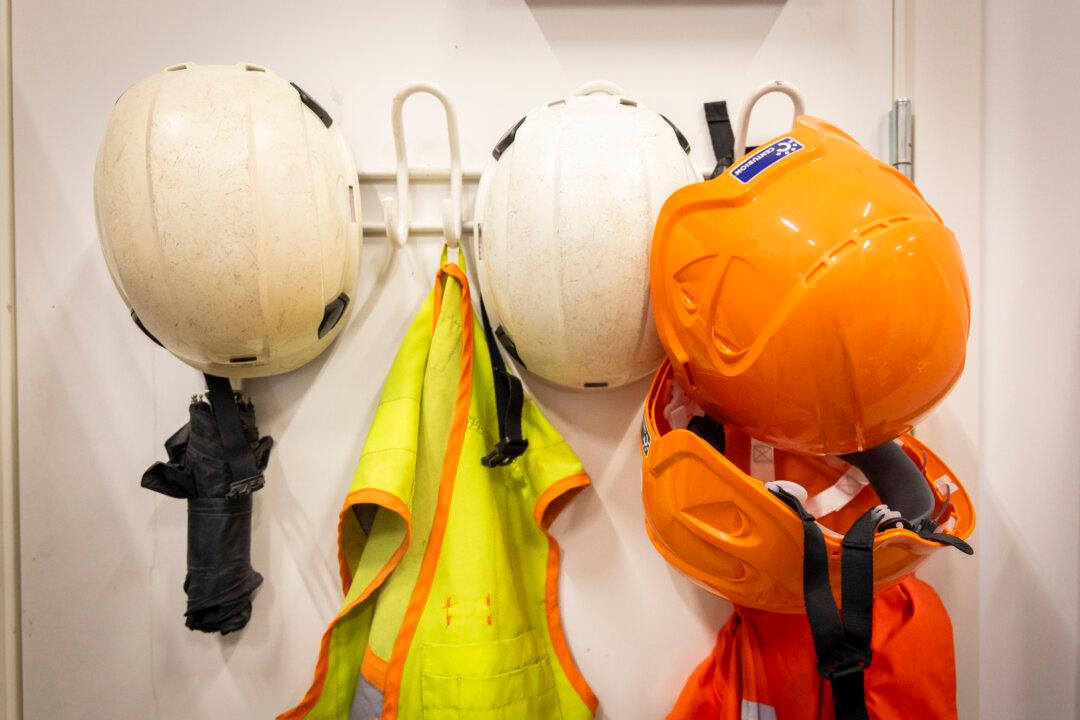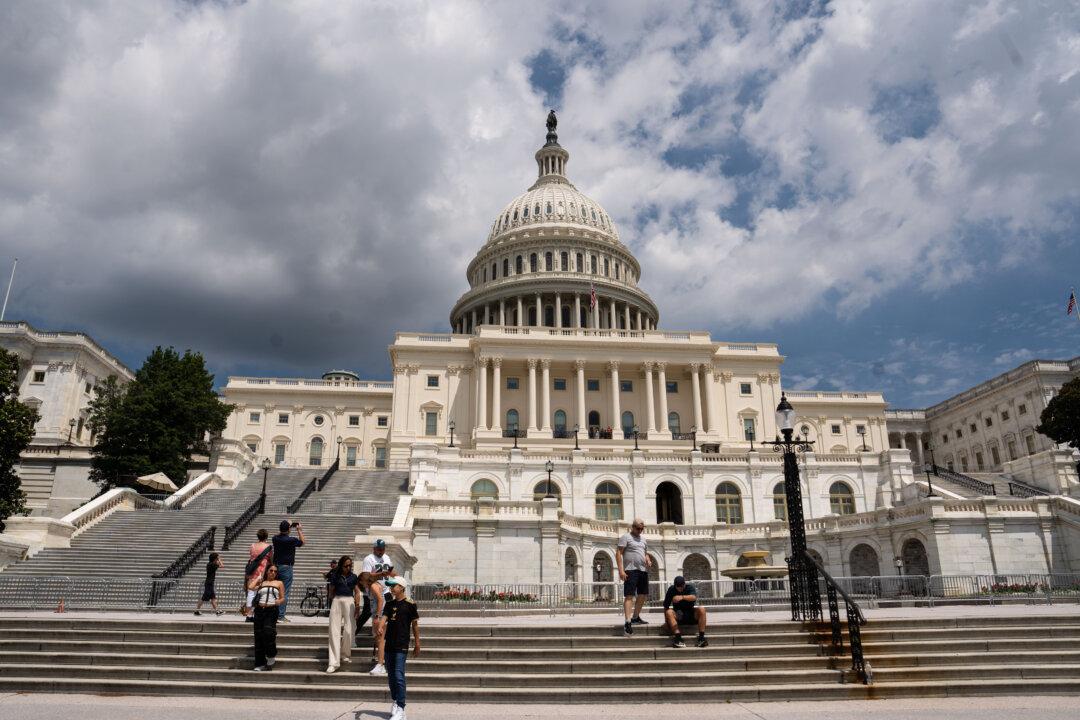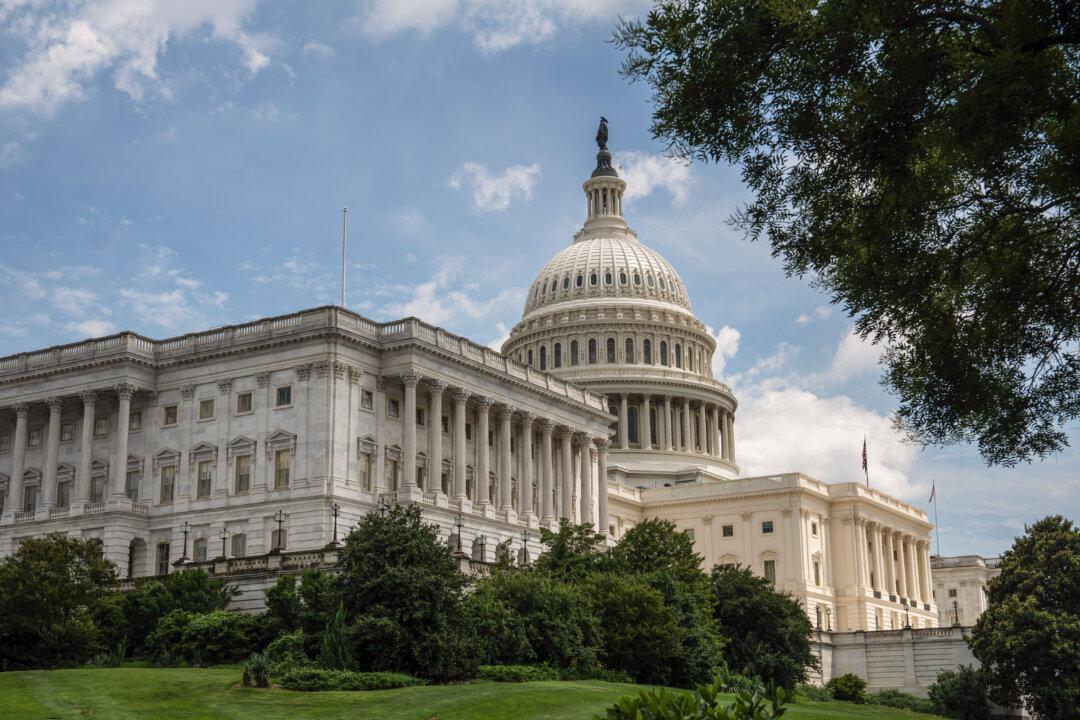A Greenlandic official has raised the stakes in the contest for its minerals, suggesting that the Danish territory could turn to China if the United States and Europe do not move fast enough.
Greenland’s minister for mineral resources, Naaja Nathanielsen, hinted at that possibility in an interview with the Financial Times published on May 27.
“We want to develop our business sector and diversify it, and that requires investments from outside,” said Nathanielsen, whose four-party coalition government came into power following a March election.
When prompted about China, she said that Greenland seeks “to partner up with European and American partners.”
“But if they don’t show up, I think we need to look elsewhere,” she stated.
Neither Nathanielsen’s ministry nor Denmark’s foreign ministry responded to requests for comment from The Epoch Times by publication time.
President Donald Trump previously cited those critical minerals to explain his interest in acquiring the world’s largest island.
China, which presently dominates global rare earth mining and processing, has also sought to develop Greenland’s rare earth resources.
Not far from the Tanbreez project, a uranium and rare earth element project that had received investments from the Chinese firm Shenghe Holdings was stopped short in 2021 when the Greenlandic government banned uranium mining.
Nathanielsen was involved in that effort.
In March, the CEO of the Bank of Greenland told Bloomberg that the European Union or the United States must guarantee purchases of critical minerals from the island.
US Agreement Soon to Expire
In her Financial Times interview, Nathanielsen raised concerns about the impending expiration of a memorandum of understanding between the United States and Greenland.Inked during the first Trump administration, it concerned the country’s mineral resources.
When asked about that agreement, a U.S. State Department spokesperson could not confirm if it would be extended.
“President Trump has been clear that the strategic location and security of Greenland is important to the United States as China and Russia seek to make significant investments throughout the Arctic region,” the spokesperson told The Epoch Times via email.
“The president is committed to not only protecting U.S. interests in the Arctic but also working with Greenland to ensure mutual prosperity for both nations.”
Greenland’s Changing Posture on Mining
A Greenlandic businessman involved in the effort to secure Western rare earth investments voiced concern with Nathanielsen’s remarks.“I understand their frustration on the lack of speed on investments, but that is tied to the lack of stability that they are displaying,” the businessman told The Epoch Times on condition of anonymity out of concern for reprisal.
The businessman said that the minister’s comments were in line with the “zig-zag course” of both the current four-party coalition government and the previous government.
The latter was led by Mute Egede of the democratic socialist Inuit Ataqatigiit party.
In 2021, under Egede’s leadership, Greenland suspended new oil and gas exploration.
That same year, the government also stripped a Chinese firm of its iron ore mining license and banned uranium mining.
Although Greenland has a long history of mining, its scale has been limited in recent years. That may be changing.
On May 21, the government granted a 30-year permit to a Danish–French firm to mine anorthosite, a rock with applications in fiberglass and potential in aluminum production.
At the beginning of May, critical minerals insider Drew Horn, a veteran of the first Trump administration, led a private-sector delegation through Greenland.
It included executives with Refracture, Critical Metals Corp, Cogency Power, and American Renewable Metals.







